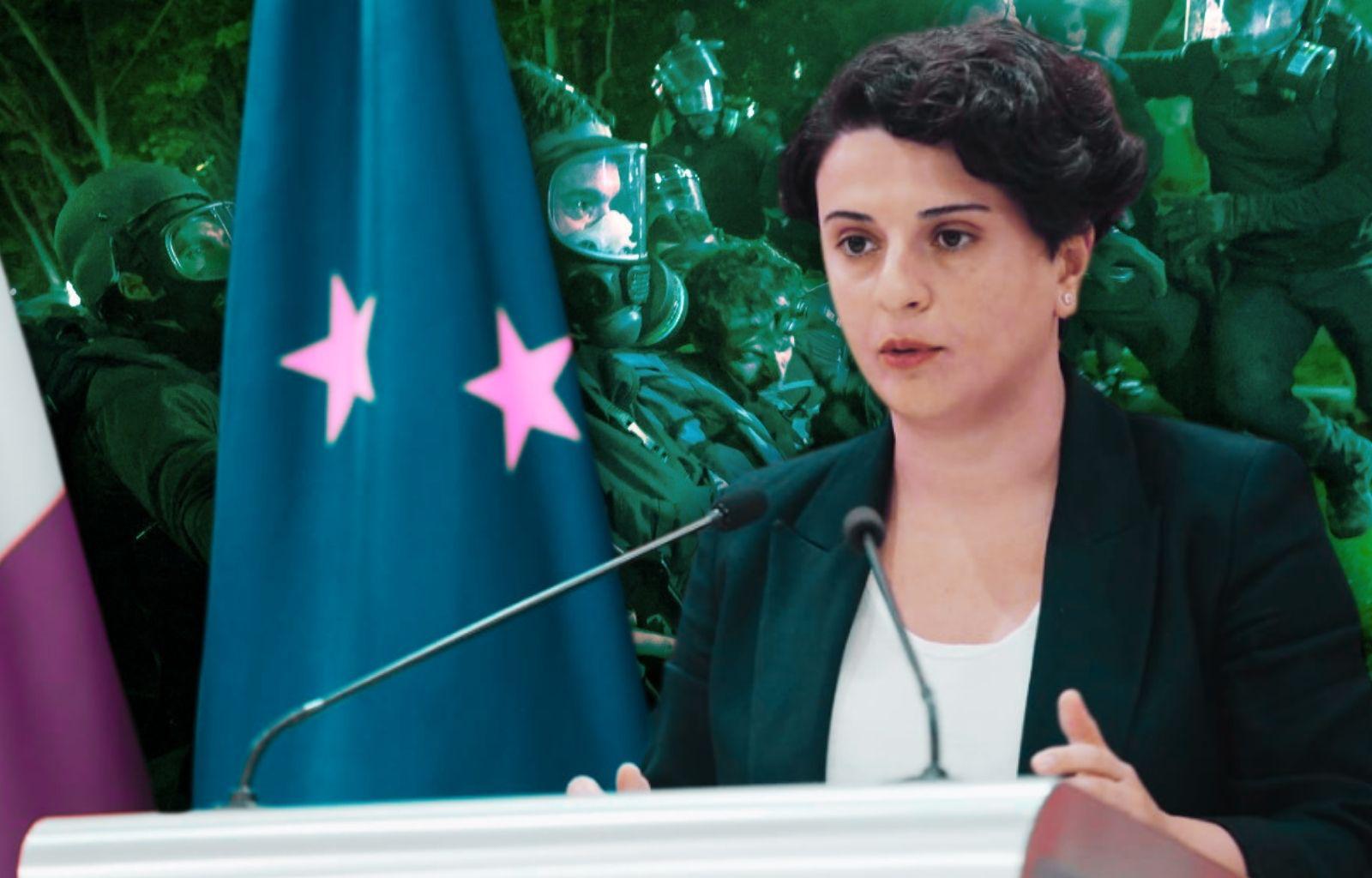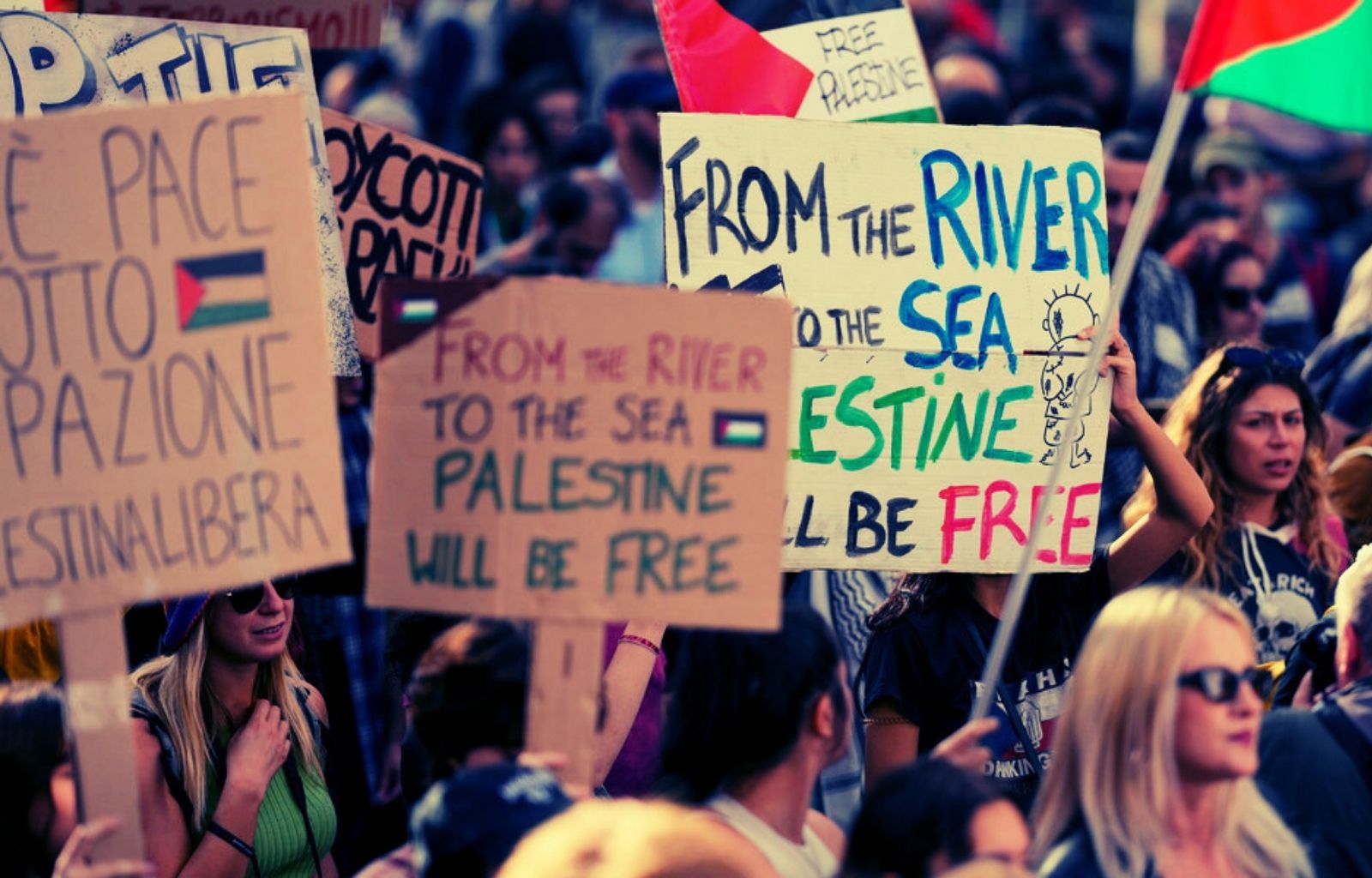Violence, kidnappings and arbitrary searches: the cost of dissent in Georgia

Natia Mezvrishvili is a Georgian lawyer and politician, currently Vice-President of the opposition party ‘For Georgia’, founded by former Prime Minister Giorgi Gakharia. With a long career that includes prominent roles as Deputy Interior Minister and Head of Government Administration, she has distinguished herself for her commitment to promoting democratic reforms and theEuropean integration of Georgia.
In recent days, Mezvrishvili has denounced serious human rights violations in Georgia through a series of public speeches. Based on testimonies, photos and videos, he has highlighted a pattern of repressive actions organised by the government to intimidate citizens protesting against alleged treasonous acts against the state and the Constitution. According to his analysis, the entire state apparatus, in cooperation with informal criminal networks, is involved in punitive operations orchestrated under the direction of Bidzina Ivanishvili.
Bidzina Ivanishvili, Georgian businessman and politician, is the founder of the governing party ‘Georgian Dream’. Although he has retired from active politics, he retains significant influence behind the scenes, with accusations of steering the country towards the Russian sphere and away from Western aspirations.
Reported evidence includes the use of special forces, police and informal masked groups to arrest, assault and detain protesters. Many detainees report being subjected to physical abuse, transferred to buses where the violence continued, and taken to detention facilities without timely access to legal advice or medical assistance. Some were brought before the court, described as being under the control of a “clan“, where they were subjected to further punitive measures, such as high fines or prison sentences.
Testimonies also reveal cases of gratuitous violence, illegal seizures and arbitrary searches, often without warrants or formal documentation. Prisoners report being assaulted for reasons related to their professional role or their expression of dissent. Examples include doctors, journalists and actors, who have reported abuse for expressing dissenting opinions or for their involvement in protests.
Particularly alarming is the accusation that the police and other supervisory bodies passively observe abuses without intervening, while applications for detention are systematically approved by the courts without any substantive review. According to Mezvrishvili, this is all part of a strategy to instil fear and repress any form of dissent.
Mezvrishvili described this campaign as a systematic and coordinated operation with repeated patterns of actions and inactions. He emphasised that these actions are directed by a single source with clear directives, with Ivanishvili overseeing the process through designated actors. According to Mezvrishvili, these operations constitute the most extensive repression of citizens seen in the past 30 years, characterised by torture and inhuman treatment of individuals who express opinions opposed to the regime. State resources, in cooperation with criminal groups, are used to punish and instil fear in society.
Mezvrishvili expects that, in addition to the national justice system, the illegitimate leadership of the ‘Georgian Dream’ will face verdicts from the European Court of Human Rights (Strasbourg) and probably also from the International Criminal Court (The Hague). This denounces the level of systematic impunity and abuse, which, according to Mezvrishvili, poses a threat to fundamental rights and democracy in Georgia.











